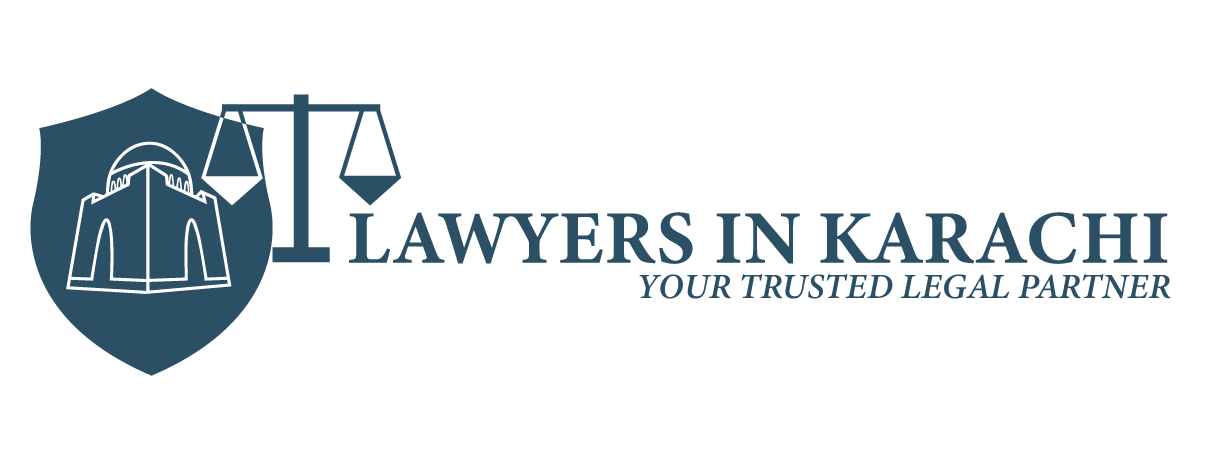Civil Litigation Lawyer – A Guide to Resolving Civil Disputes
When individuals or businesses face legal disputes that do not involve criminal charges, the expertise of a civil litigation lawyer becomes invaluable. Civil litigation refers to conflicts where one party seeks compensation, enforcement of rights, or legal remedies against another. From contractual disagreements to property issues and employment conflicts, civil law covers a broad spectrum of cases that directly impact personal and professional lives. Having the right legal representation can make a significant difference in achieving a favorable outcome. A qualified civil litigation lawyer ensures that your case is presented effectively in court or through alternative dispute resolution methods. What Does a Civil Litigation Lawyer Do? A civil litigation lawyer specializes in resolving disputes between individuals, organizations, or entities that do not fall under criminal law. Their role is to protect their client’s rights, represent them in legal proceedings, and negotiate fair settlements when possible. Key responsibilities include: Case Assessment: Analyzing facts, documents, and evidence to determine the strength of a claim or defense. Drafting Legal Documents: Preparing complaints, responses, motions, and other necessary paperwork. Representation in Court: Presenting arguments, cross-examining witnesses, and advocating for clients during trials. Negotiations & Settlements: Attempting to resolve disputes outside court through mediation or arbitration. Appeals: Filing appeals in higher courts if the outcome is unfavorable. By managing every stage of the litigation process, a civil litigation lawyer helps clients navigate complex procedures with confidence. Common Cases Handled by Civil Litigation Lawyers Civil disputes can arise in many areas of life. Some of the most common cases handled by civil litigation lawyers include: Contract Disputes – Breaches of business contracts, service agreements, or financial commitments. Property Disputes – Issues regarding ownership, boundaries, tenancy, or real estate transactions. Employment Matters – Wrongful termination, workplace harassment, and unpaid dues. Family-Related Civil Cases – Inheritance disputes, guardianship conflicts, and division of assets. Consumer Rights Issues – Cases involving defective products, false advertising, or unfair practices. Business Disputes – Partnership conflicts, shareholder disagreements, and commercial litigation. These areas highlight the diversity of civil law and the necessity of having a knowledgeable civil litigation lawyer by your side. The Importance of Hiring a Civil Litigation Lawyer Legal battles can be stressful, time-consuming, and financially draining. Attempting to resolve them without professional guidance can lead to unfavorable results. Here’s why hiring a civil litigation lawyer is critical: Expert Knowledge: Civil lawyers understand procedural rules, legal precedents, and strategies to strengthen your case. Objective Advice: They provide unbiased guidance, focusing on the facts rather than emotions. Efficient Representation: Lawyers manage paperwork, deadlines, and legal technicalities to avoid mistakes. Negotiation Skills: They strive for fair settlements that save time and reduce costs. Courtroom Experience: Skilled in litigation, they effectively argue cases before judges and tribunals. With the right representation, clients can secure justice while minimizing risks and delays. Steps in the Civil Litigation Process The civil litigation process follows a structured path, and a civil litigation lawyer ensures each stage is handled effectively: Initial Consultation: Understanding the dispute, reviewing evidence, and advising on possible outcomes. Pleadings: Filing or responding to legal claims through formal documents. Discovery: Gathering information through interrogatories, witness statements, and depositions. Pre-Trial Motions: Lawyers may request dismissals, summary judgments, or other rulings. Trial: Presentation of evidence and arguments before a judge. Settlement or Judgment: The court delivers a decision, or parties may agree on a settlement. Appeals (if needed): Seeking a review of the judgment in higher courts. Each stage requires legal precision, which is why a civil litigation lawyer plays a central role throughout the process. Qualities of a Good Civil Litigation Lawyer When searching for the right representation, look for the following qualities: Strong Analytical Skills: Ability to assess complex legal issues quickly. Effective Communication: Clear presentation of arguments both in writing and orally. Attention to Detail: Accuracy in documentation and evidence handling. Negotiation Expertise: Striving for settlements that save clients from long trials. Commitment to Clients: Dedication to protecting rights and interests. Choosing a lawyer with these qualities increases the likelihood of a successful resolution. Civil Litigation Lawyer vs. Other Legal Professionals It’s important to distinguish a civil litigation lawyer from other legal professionals. While general lawyers may handle routine documentation and advisory work, civil litigators specialize in courtroom battles and dispute resolution. Their deep understanding of procedural law and litigation strategies makes them uniquely equipped for contentious cases. Alternative Dispute Resolution and the Role of Lawyers Not every civil case reaches the courtroom. Mediation and arbitration are increasingly used to resolve disputes efficiently. A civil litigation lawyer often represents clients in these forums, negotiating settlements without lengthy trials. This approach is cost-effective and helps maintain relationships between disputing parties. Why Civil Litigation Matters in Modern Society Civil litigation is essential for maintaining fairness and accountability in society. It provides a structured mechanism to resolve disputes peacefully, ensuring that justice is accessible to all. Whether it’s a business conflict or a personal matter, the presence of a civil litigation lawyer ensures that rights are respected and disputes are settled lawfully. Conclusion Disputes are a natural part of life and business, but without professional guidance, they can quickly escalate. Hiring an experienced civil litigation lawyer ensures that your case is handled with skill, fairness, and dedication. From initial consultations to courtroom trials and settlements, these professionals provide the legal expertise required to achieve justice. For anyone facing civil disputes—whether involving contracts, property, or employment—having the right lawyer by your side is not just an option, it is a necessity.



